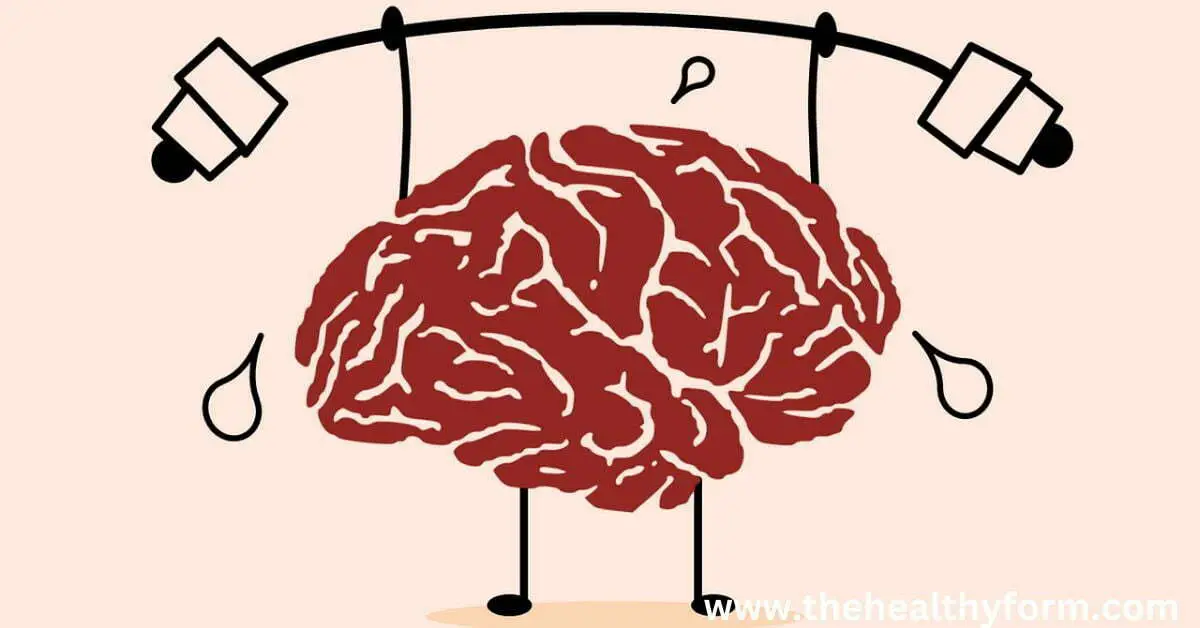Develop Healthy Relationships and Communication Skills
Building and maintaining healthy relationships can be challenging in today’s fast-paced world. Effective communication is the key to success, whether in romantic relationships, friendships, or professional relationships. In this blog, we’ll explore the key elements of a healthy relationship, ways to improve communication in a relationship, signs of a toxic relationship, how to build trust in a relationship, keys to effective communication, how to resolve conflicts in a relationship, common communication mistakes in relationships, and how to maintain a healthy long-distance relationship.

What are the key elements of a healthy relationship?
- Trust: Trust is the foundation of any healthy relationship. It allows partners to rely on each other, to be vulnerable, and to share their thoughts and feelings without fear of judgment or rejection.
- Communication: Good communication is essential in any relationship. It allows partners to express their needs, wants, and feelings and to understand each other’s perspectives.
- Emotional support: Emotional support is another key element of a healthy relationship. Partners should be able to rely on each other for emotional support and comfort during difficult times.
- Independence: In a healthy relationship, both partners should have their own lives and interests outside of the relationship. This allows for personal growth and development and allows partners to return new experiences and perspectives to the relationship.
- Flexibility: Relationships require flexibility. Both partners should be willing to compromise and adjust to accommodate each other’s needs and wants.
How do we improve communication in a relationship?
- Listen actively: Listen actively to your partner. This means hearing what they say and understanding their words’ underlying meaning and emotions.
- Speak clearly: Speak clearly and concisely. Avoid using vague or ambiguous language, leading to confusion and misunderstandings.
- Avoid assumptions: Don’t make assumptions about what your partner is thinking or feeling. Ask them directly and let them express themselves.
- Express appreciation: Express appreciation for your partner’s contributions to the relationship. This can help build positive feelings and strengthen the relationship.
- Take responsibility: Take responsibility for your communication. If something is unclear or you have made a mistake, apologize.

What are the signs of a toxic relationship?
Here are some signs of a toxic relationship:
- Constant criticism and belittling from one partner to the other
- Controlling behavior, such as monitoring the other person’s every move or limiting their access to friends and family
- Manipulation, such as guilt-tripping or making the other person feel responsible for their partner’s emotional state
- Gaslighting, or making the other person question their reality or memory
- Lack of respect for boundaries, such as repeatedly ignoring or crossing the other person’s boundaries
- Verbal or physical abuse, including name-calling, yelling, hitting, or other forms of violence
- Constant drama or instability, including frequent arguments or unpredictable mood swings
- Isolation from friends and family, or attempts to isolate the other person from their support system
- Inability to communicate effectively, or a pattern of blaming and shaming rather than listening and understanding
- Feeling drained, anxious, or depressed after spending time with the other person
It is important to remember that no relationship is perfect, and conflicts and challenges can arise in any relationship. However, if any of these signs are present in a relationship, it may be a sign of toxicity, and seeking support or counseling may be necessary.
How to build trust in a relationship?
Here are some ways to build trust in a relationship:
- Be honest: Honesty is a key component of trust. Avoid lying or hiding things from your partner, even if uncomfortable or difficult.
- Keep your promises: Follow through on your commitments and promises. This will demonstrate reliability and dependability, which can help build trust.
- Communicate effectively: Open and honest communication can help build trust by creating a safe and supportive environment where both partners feel heard and understood.
- Be consistent: Consistency in your words and actions can help build trust. If you say you will do something, follow through on it.
- Show vulnerability: Being open and vulnerable with your partner can help build trust by showing that you trust them with your feelings and emotions.
- Avoid gossip or talking behind their back: It is important to avoid talking about your partner behind their back or gossiping about them, as this can damage trust.
- Respect their boundaries: Respecting your partner’s boundaries can demonstrate that you care about their feelings and well-being and can help build trust.
- Be empathetic: Showing empathy and understanding can help build trust by demonstrating that you care about your partner’s feelings and experiences.
- Apologize when necessary: If you make a mistake or hurt your partner, apologize sincerely and take responsibility for your actions. This can help rebuild trust.
- Building trust: Building trust takes time and effort, and being patient and understanding with your partner throughout the process is important.
What are the keys to effective communication?
- Clarity: Speak clearly and concisely.
- Empathy: Try to understand your partner’s perspective.
- Timing: Choose the right time to communicate.
- Active listening: Listen actively and attentively.
- Feedback: Give and receive feedback effectively.
How to resolve conflicts in a relationship?
- Listen actively: Listen actively to your partner’s perspective.
- Speak clearly: Speak clearly and concisely.
- Identify the problem: Identify the problem and avoid blaming your partner.
- Brainstorm solutions: Brainstorm potential solutions together.
- Choose a solution: Choose the best solution and agree on an action plan.
- Follow-up: Follow up on the solution and make any necessary adjustments.
Common communication mistakes in relationships
- Interrupting: Interrupting your partner when they are speaking can make them feel disrespected and undervalued.
- Being defensive: Being defensive when your partner brings up an issue can make it challenging to resolve the problem.
- Being passive-aggressive can harm a relationship, leading to misunderstandings and hurt feelings.
- Bringing up past mistakes: It can make it difficult to resolve current issues and harm the trust in the relationship.

How to maintain a healthy long-distance relationship?
- Communicate regularly through phone calls, text messages, or video chats.
- Make time for each other: Make time for each other, even just a short phone call or text message.
- Set goals for the relationship and plan to see each other in person.
- Trust each other: Trust and be transparent about your actions and whereabouts.
- Keep the romance alive: Keep the romance alive through small gestures, such as sending care packages or writing love letters.
FAQ about Healthy Relationships and Communication Skills
You may have questions about healthy relationships and communication skills, and we want to ensure you have all the facts. Here are some of the most frequently asked questions about healthy relationships and communication skills.
What is a healthy relationship?
A healthy relationship is one where both individuals feel respected, valued, and supported. There should be open and honest communication, trust, and mutual understanding. A healthy relationship is characterized by love, compassion, and a sense of teamwork where both partners work together to achieve their goals.
How can a lack of communication skills affect a relationship?
A lack of communication skills can lead to misunderstandings, conflicts, and a breakdown in the relationship. Partners may not understand each other’s needs or concerns without proper communication, leading to resentment and frustration.
What are some warning signs of an unhealthy relationship?
Some warning signs of an unhealthy relationship include lack of respect, constant criticism, controlling behavior, emotional or physical abuse, and lack of trust. These signs may indicate a need for professional counseling or ending the relationship.
How can couples improve their communication skills?
Couples can improve their communication skills by practicing active listening, using “I” statements instead of “you” statements, and expressing their feelings and needs clearly and respectfully. It can also be helpful to attend couples therapy or communication workshops to develop better communication skills.
Conclusion
Healthy relationships and effective communication are essential for a happy and fulfilling life. Whether you’re in a romantic relationship, friendship, or professional relationship, understanding the key elements of a healthy relationship, ways to improve communication, signs of a toxic relationship, how to build trust, keys to effective communication, how to resolve conflicts, common communication mistakes, and how to maintain a healthy long-distance relationship can help you develop strong, positive connections with others. Remember that communication, trust, and mutual respect are the foundation of any healthy relationship. If you find yourself in a toxic relationship, seeking help and support is important.





